I am standing in a sports bra and running shorts in Shirley Phillip’s studio while she looks me up and down.
Staring out the window makes it easier to pretend this is a regular Friday morning occurrence for me.
I am here, at her home near Dundee, to discover my style type.
This is a mystery which has gripped me since the “Kibbe system” – developed by image consultant David Kibbe in the 1980s – blew up on social media a few years ago.
What is the ‘Kibbe body type’ trend on social media?
It essentially categorises individuals into style types based on their physical characteristics, aiming to help people find clothing and styles that create a harmonious overall image.
There’s the “classic” – sophisticated, elegant, put-together, and timeless. Celebrity examples include Kate Middleton and Jackie Kennedy.
Then there’s the “romantic” – sexy, mature, feminine, and curvy. Think Marilyn Monroe and Kate Winslet.
And then there’s “dramatic” – angular, edgy, and striking. Like Victoria Beckham, Cher and Tilda Swindon.
There’s more. It’s a whole thing. But I have a tight word count.
Shirley, who I am visiting for a style analysis worth £385, has been a colour and style expert at image consultant company House of Colour for 14 years.
The system she uses differs to the Kibbe model, in that it also focuses on “what’s on the inside”. This means I’m in for a personality quiz after the body and face analysis.
At the end of the four-hour session, I will be assigned a “clothing personality”, which comes with a set of guidelines for dressing well.
But first, she must work out my body type.
“Oval,” she determines, before asking me to spin around.
Silence.
“Hmmm, no,” she murmurs. “That’s not quite right.”
What’s my body type?
It turns out I actually have a “split-geometric” body type: oval on the bottom and “inverted Dairylea Triangle” on the top. This essentially means I have a rounder bottom and more angular shoulders.
I am surprised by this information. I’ve always thought I was a good old-fashioned pear.
This is why online quizzes and other self-diagnosis tools often don’t work, Shirley says.
“If you Google what you think your body shape might be, it will tell you a whole load of things,” she explains.
“You need someone that’s objective and trained to look at your body shape and to give you the guidance around the personality test, to make sure that you’re getting accurate answers.”
We move onto my face, which I learn is diamond-shaped.
This means I best suit V-neck tops, which reflect the shape of my chin. Square and asymmetrical necklines work well, too.
The thorough assessment continues: long neck (this means plunging necklines should be avoided, lest I look like a giraffe), medium jawline (I’m not going to read into this) and small bust (fair enough).
Then it’s time to put my personality to the test.
House of Colour uses the philosophy of yin (more feminine) and yang (more masculine) to measure character traits.
Discovering my clothing personality
Shirley fires questions at me: Am I a risk taker or an instruction follower? Tidy or messy? Forthwright or diplomatic? An early bird or a night owl? Reserved or friendly? Decisive or indecisive?
It transpires I am more yin than yang.
Shirley then disappears for a few moments to do the “calculations”, which will determine my clothing personality.
Although I’m curious to know what on earth that entails, I’m too preoccupied by the plate of homemade cakes to question her further.
After a few minutes of anticipation, she returns with the results.
I am an “Ingenue-Gamine” – a combination of two style essences.
Bear with me.
The ingenue archetype, Shirley explains, is typically associated with words such as “feminine” and “delicate”. I gather it is the ‘girly girl’ of the style world. US actress Elle Fanning is a popular example.
The gamine essence, on the other hand, is youthful and elfin-like. Synonyms are “whimsy”, “playful” and “fun”. Celebs with this one include Audrey Hepburn.
I basically lived in floral Monsoon dresses as a child, so the former makes sense. But – being not very elfin-like – I’m surprised by the latter. Shirley says it is the combination of both elements that work for me.
I’m then given a page of detailed notes on how to dress for my clothing personality.
How should I dress as an ‘Ingenue-Gamine’?
It includes loads of useful advice, from my hair (choose soft and layered styles) to accessories (small scale works best).
When it comes to clothing, geometric patterns such as polka dots and details like lace are ideal.
I should also opt for neat, fitted clothes in line with my body shape.
I mentally bid farewell to my baggy jeans.
At times, it all feels very self-indulgent and maybe a little vain. I’ve never talked about my appearance for four hours straight and I feel oddly guilty.
But it’s mostly fun and relaxing, with Shirley – who was a high-flying lawyer for 25 years before her colour and style career took off – going out of her way to create a special experience.
And clearly I’m not the only one who is interested in such things.
Shirley, one of the only style experts offering this service in the Tayside and Fife area, has been busier than ever lately.
This is partly thanks to the Kibbe trend on social media.
But the 51-year-old, whose clients come from across Scotland, says that a growing drive towards sustainable fashion has also helped.
This is because finding your personal style means, hopefully, avoiding fast fashion fads.
Why style tests are seeing a surge in popularity
“There’s real awareness that fast fashion isn’t good for the environment and isn’t good for our purses or our wallets,” Shirley tells me.
“I think nowadays, we are taking more responsibility for the environment and for the fact that we want to be spending responsibly.”
At home, I enjoy sifting through my wardrobe and seeing what clothes fit the bill.
It’s just my oversized items – a trend I’ve never really been able to pull off – which might need to go.
As the weeks go on, I have fun creating outfits which embrace my new clothing personality (mainly digging out old polka dot dresses and buying more V-neck tops).
But something gnaws at me. I do wonder if this kind of experience could trigger insecurities in some people or be damaging to those who struggle with their body image.
There’s no doubt that certain elements (the measuring tape) were a little daunting.
But when I phone Shirley to voice these concerns, she tells me that it actually “does the opposite”.
Is ‘dressing for your body type’ a damaging trend?
She says: “When we look in the mirror, we often don’t see an accurate picture.
“What we do is we take anything that we regard as a flaw or something we don’t like, and we magnify it.
“[The style consultation] is about having a very objective look.
“We help people dress for the positives.
“It’s about embracing the great person that you are and the individual body structure that you have and honouring who you are and being the best version of you.”
- You can book a personal style appointment with Shirley online
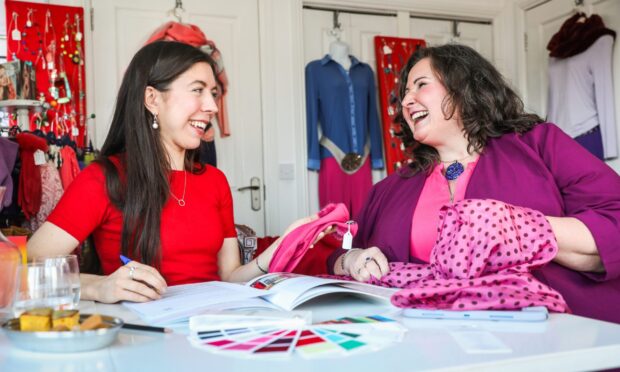
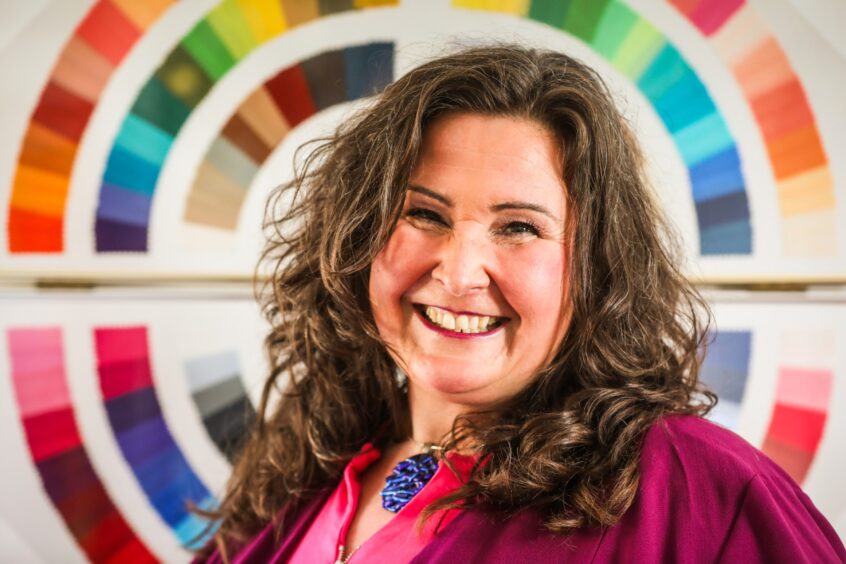
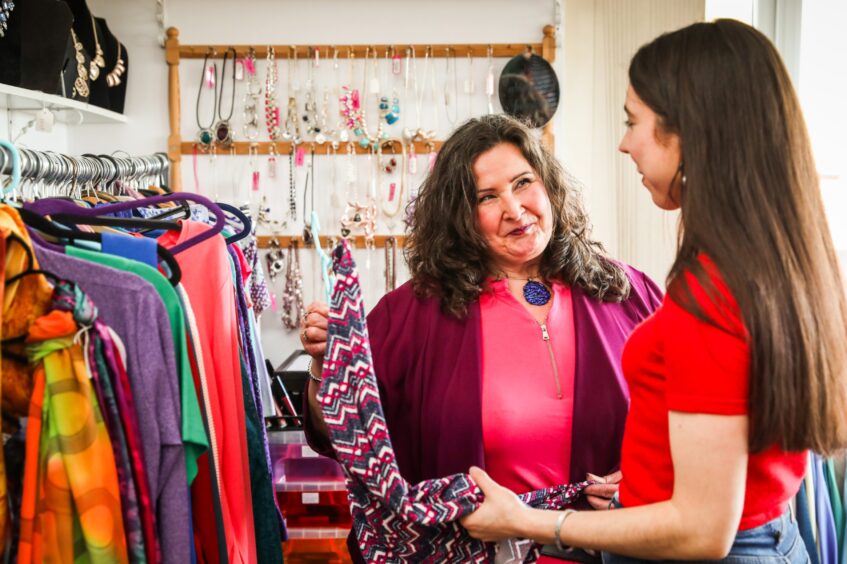
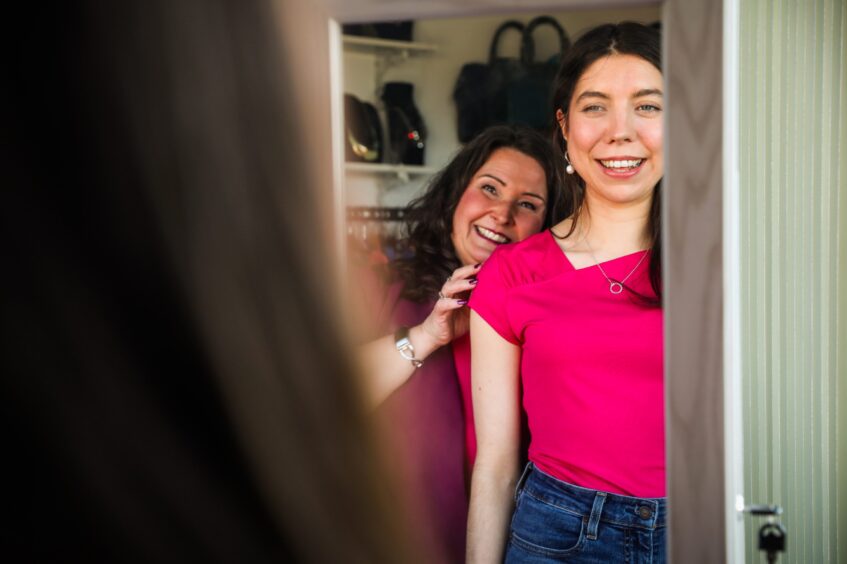
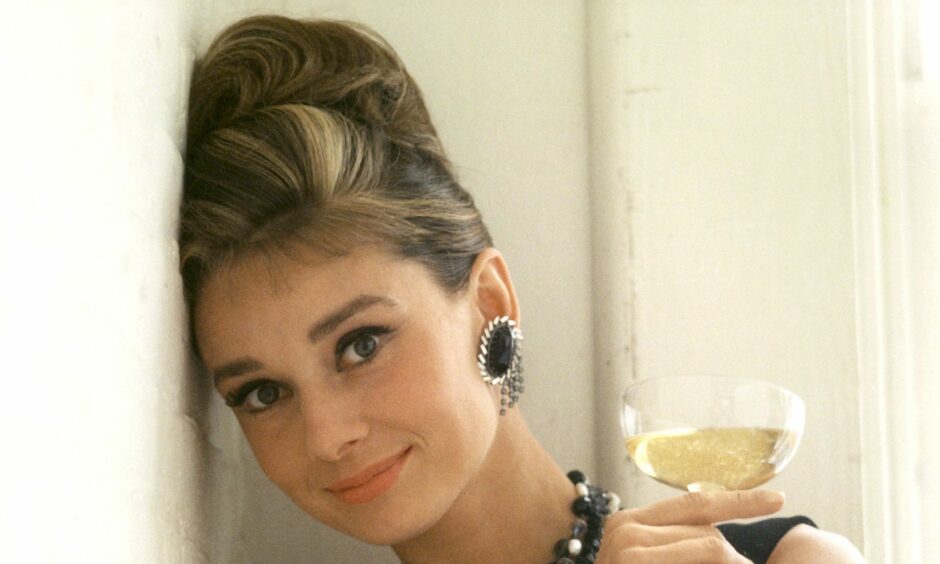
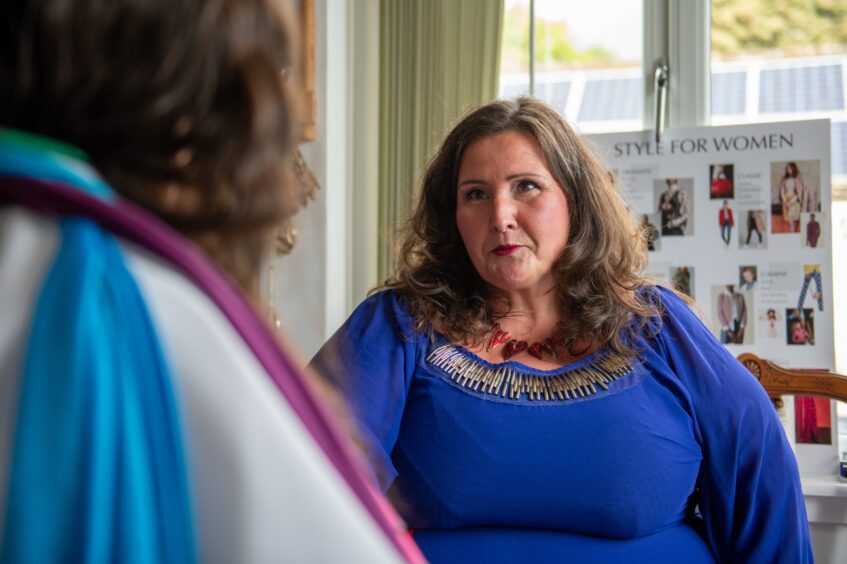
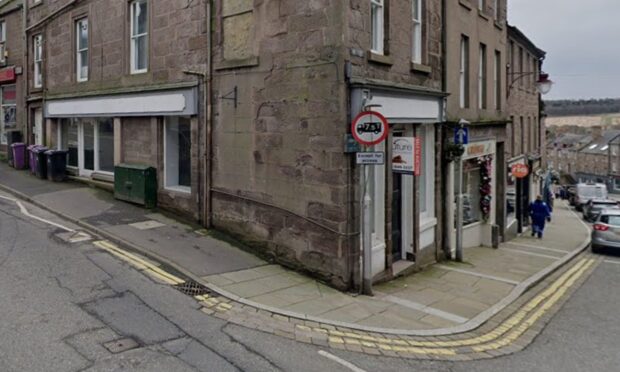
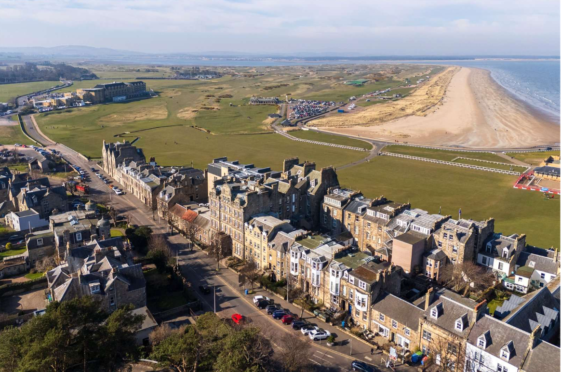
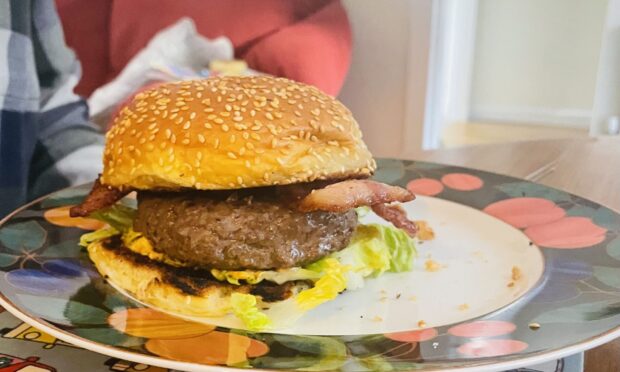
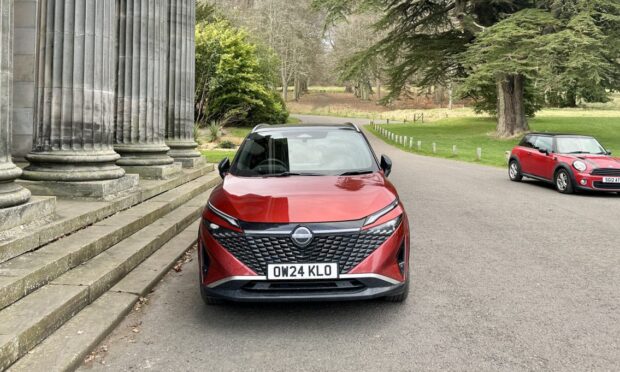


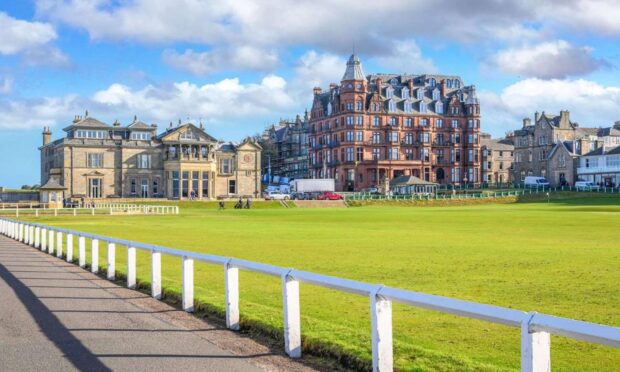

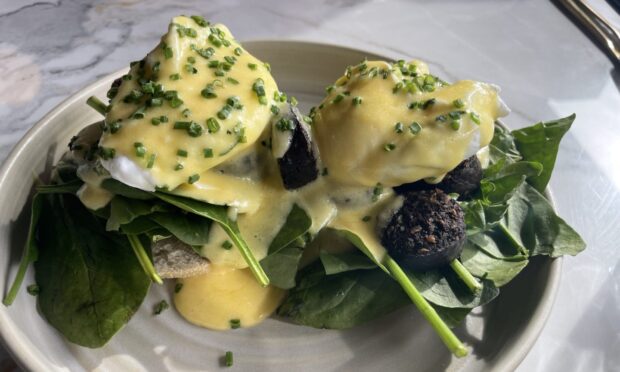

Conversation